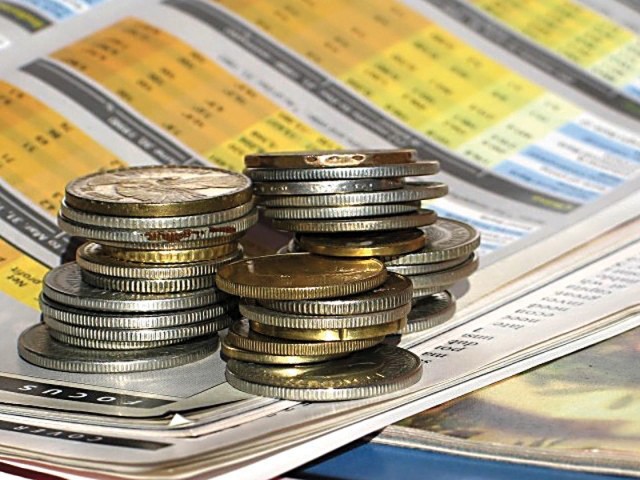- Sharp drop in interest rates, trade tensions, and geopolitical risks contribute to continued foreign sell-off
Pakistan’s short-term local government bonds saw continued outflows in April, marking the second consecutive month of net withdrawals, as foreign investors grew increasingly cautious due to a sharp decline in interest rates, trade tensions, and rising geopolitical risks.
Data from the State Bank of Pakistan (SBP) showed that while foreign investors initially invested $5.023 million in treasury bills until April 18, they later withdrew $172.3 million, resulting in a net outflow of $167.3 million for the month.
From July 1, 2024, to April 18, 2025, the total amount invested in T-bills was $1.168 billion, while divestments totaled $1.355 billion, leading to a net outflow of $187 million.
Market experts said that foreign investor confidence had steadily declined, with outflows reaching $197.4 million in March 2025 and $164.9 million in April (up to the 11th).
They attributed the continued selling to factors such as profit-taking, a 10 percentage point reduction in interest rates, concerns over the rupee’s depreciation, and geopolitical uncertainties, including the ongoing trade war risks.
Experts have warned that heightened concerns over potential escalations in tensions between India and Pakistan are contributing to uncertainty, further affecting investor sentiment.
Additionally, US President Donald Trump’s decision to impose tariffs in early April added to global economic uncertainties. While the heaviest tariffs were temporarily halted, a 10 percent blanket duty remains, along with a 145 percent tariff on China, the US’s largest trading partner.
In response to these challenges, the SBP kept its benchmark interest rate unchanged at 12 percent in March, citing risks from volatile food and energy prices, as well as external account pressures.
However, the central bank also acknowledged the ongoing decline in inflation, with sufficient real interest rates expected to support future economic recovery. Analysts expect the SBP to reduce the policy rate by 50 basis points to 11.5 percent during its next policy meeting on Monday.




